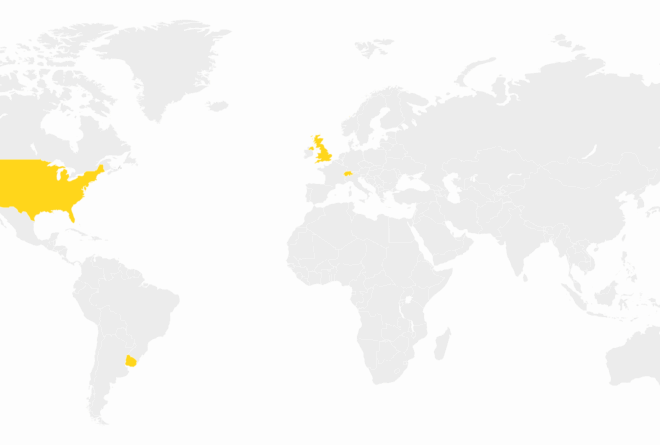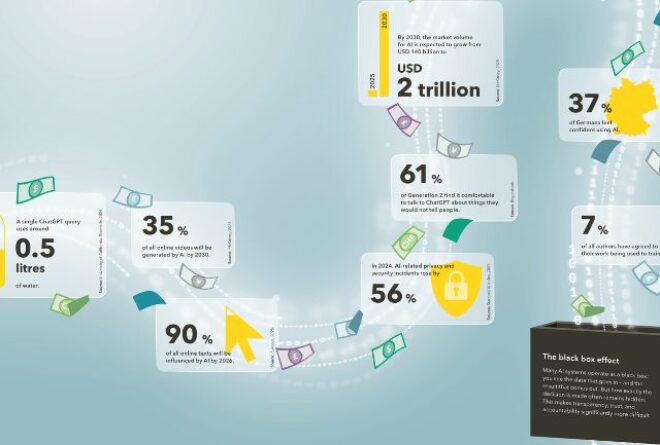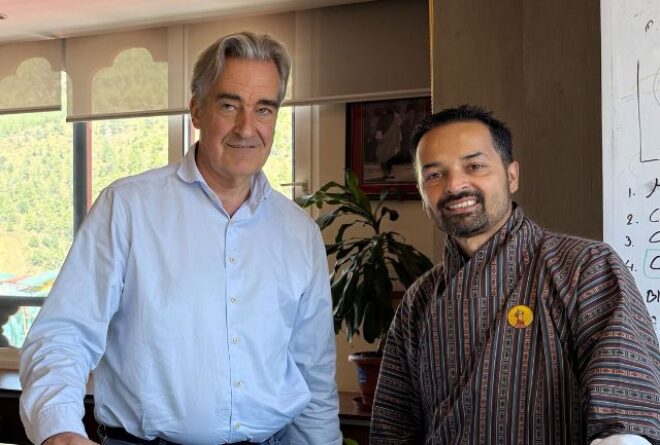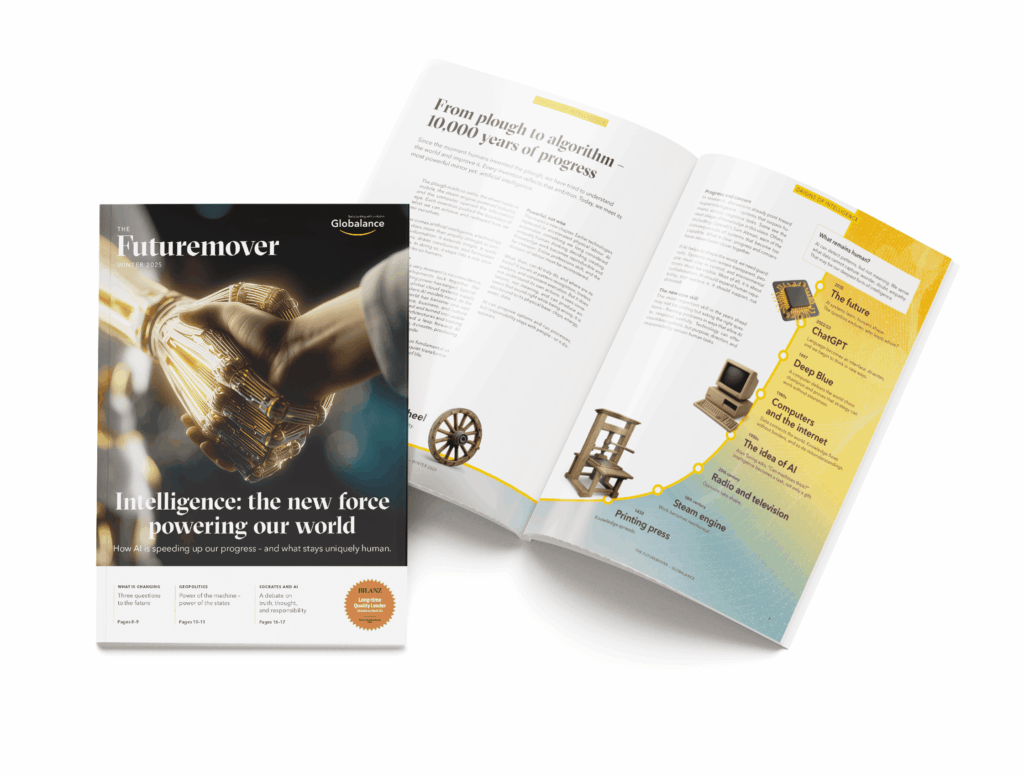News & Trends
Travel 2035: Fun, status, or purpose?

Elvis from Manila and Jia from Kunming show us just how different travel could look ten years from now. Welcome to the future.
Asia is one of the most dynamic travel markets in the world – and it’s moving at two speeds: some want to catch up, experience, and share; others seek meaning, impact, and deeper connections. While mass tourism continues to thrive, cities like Singapore, Seoul, and Shanghai are turning sustainability into a key differentiator.
Conversations with experts from academia, business, and innovation inspired this glimpse into the future – with special thanks to Prof. Dr. Wolfgang Georg Arlt (Meaningful Tourism Center), Robin Gilbert-Jones (Skift), Olga Heuser (DialogShift), and Carmen Murer (Synhelion).
Discover two journeys from the future – and what they reveal about the transformation of travel.
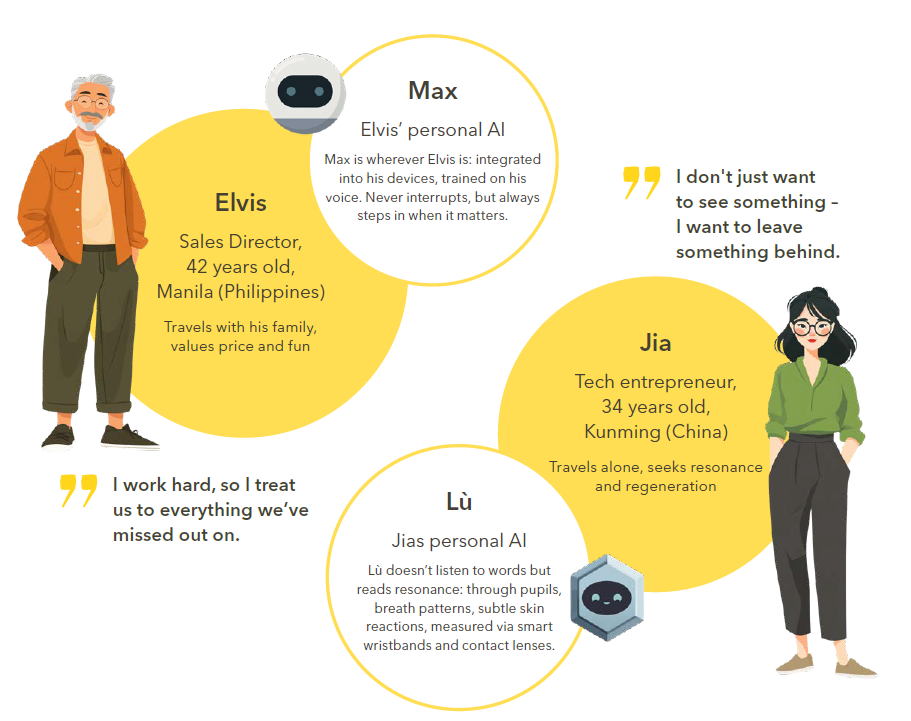
Planning and booking in 2035
Elvis simply says, “Plan us a ten-day Asia Grand Tour – fun and family-friendly.” His personal AI, Max, knows him well and gets it: hotels with kids clubs, TikTok trends, minimal transfers, maximum experiences – all tailored to the family’s biorhythm and budget. Sustainable options take a nice-to-have. Max books the trip. “Max knows what I want – sometimes even before I do,” Elvis admits.
Jia doesn’t need to say a word. Her AI, Lù, reads emotional cues through breath, gaze, and subtle skin signals. A storycast about a women’s cooperative in northern Thailand’s rice fields touches her deeply. Lù finds the perfect offers. The AI negotiates a dynamic impact rate directly with the eco-lodge’s booking system, balancing carbon footprint, availability, and local benefit. Jia doesn’t click – she decides with an inner yes.
«In China, travel is a form of status and attitude. Those who can afford it want to make an impact – not just take in sights.»
– Prof. Wolfgang Georg Arlt, Meaningful Tourism Centre
Reality check 2025
Startups like Emteq Labs (UK) are developing sensor-based technologies that read emotional reactions in real time.
Impact-oriented platforms such as Regenerative Travel (USA) reveal CO₂ footprints and local benefits – especially popular with Gen Z.
Mobility 2035
Elvis arrives at Manila Airport with his family. No queues, no check-in – luggage is registered via contactless tech, and his digital travel ID is confirmed with facial recognition. Max has already selected the seats, perfectly tailored to the family’s needs. At boarding, a notification appears on his smart glasses: “Solar fuel booked. Emissions reduced by 87%.” Elvis grins, “Kerosene used to be the cheap option. Now it’s the other way around.”
Jia glides through southern China at 320 km/h. The new high-speed train to Chiang Mai runs on electricity and refuels with hydrogen at border stations. No paperwork – just a quick scan with her smartwatch. Lù chimes in: “+12 impact points. Contribution registered.”
Jia’s climate-friendly choice earns her impact credits. As the landscape rolls by, she listens to a digital briefing from an NGO she supports.
«Solar fuels work with existing planes and fuel infrastructure — making global scaling feasible.»
– Carmen Murer, Synhelion
450 km/h
China’s CR450 reaches
speeds of up to making it the fastest commercial
high-speed train in the world.
60 %
of global passenger growth in Q1 2025 came from Asia. Volume is rising – and attitudes are catching up.
Reality check 2025
Solar-based aviation fuel is market-ready: early providers are scaling up, with subsidy quotas kicking in by 2030.
CO₂ passports and impact points are emerging as new travel currencies, rewarding conscious choices.
Experiencing travel in 2035
Elvis moves fast: three countries in ten days. In Singapore, his family explores a hologram safari; in Seoul, they attend a K-pop avatar show; street food arrives by drone. Now, it’s Kyoto. The Fushimi Inari Shrine is crowded. Selfie spots and queues are managed virtually. AR glasses overlay historical scenes, a panda playfully hops through the garden, and the kids solve interactive quiz questions.
That evening, Max suggests the next activity, but Elvis waves it off: “Delete that. Not another must-see.”
Jia chooses a different path. Still in Kunming, she tries an immersive VR module simulating rice seedling planting. Later, she books an eco-lodge in northern Thailand. On-site, she cooks with her host over a clay stove, helps in the fields, and discusses women’s rights – with a discreet AI interpreter translating in real time. Instead of selfies, Jia records a reflective audio memo, which she shares with her “Impact Voice Circles” network.
«Travel bookings are increasingly driven by the desire to have a particular experience rather than visit a specific destination.»
– Robin Gilbert-Jones, Skift
≈6 %
annual growth in eco and adventure travel in Asia – a chance for distinctive offerings.
Reality check 2025
Travel inspiration in China often starts with short videos on platforms like Mafengwo or Xiaohongshu.
Museums, cities, and parks worldwide increasingly embrace augmented reality and gamification.
Staying overnight in 2035
Jia’s room is simple yet smartly crafted from local materials, featuring a solar roof and water recycling system. The lodge tracks its impact: How much stays in the region? What difference does a stay make? For Jia, resonance matters more than comfort. On her return journey, she spends two nights at a regeneratively managed city hotel in Chiang Mai. In the morning, she sips jasmine tea in the garden.
Elvis checks into the same hotel. Max recommended it – family-friendly, well located, reasonably priced. The rooms are prepared: allergy filters activated, lighting preset, favorite juice stocked in the fridge. At breakfast, he sits at the table next to Jia and notices a note: “Green Rate activated – 12% discount because most guests booked sustainably.”
«In ten years, people won’t be booking anymore – their AI will, communicating directly with the hotel’s AI.»
– Olga Heuser, DialogShift
Reality check 2025
AI enables hyper-personalization in hotels: already common in Asia, while in Europe it depends on data protection regulations.
Impact tracking shows the measurable effect of each stay.
Travel code 2035: travel with impact
A checklist to enhance your experience – and support your destination.
– Can I travel outside peak season?
Avoid overcrowding at popular spots – and enjoy a more relaxed journey.
– How eco-friendly are my journey and local transport?
Carbon offset programs help reduce your footprint.
– Am I aware of the destination’s cultural and environmental guidelines?
From plastic bans to local customs: informed travelers travel better.
– Is my accommodation sustainable and embedded in the local community?
Consciously choosing your hotel or resort supports future-oriented tourism. Sustainable travel platforms can guide you.
– Do my excursions and activities help preserve local culture and nature?
By doing so, you enrich your journey with authenticity while making a positive difference for the people and places you visit.
– Am I leveraging tech tools like AI to their fullest?
From route planning to real-time translation: tools like ChatGPT help you stay focused on real experiences.
– Am I leaving my destination better than I found it?
Support local artisans, donate to onsite non-profits, or participate in environmental projects.
– What’s the purpose behind my trip?
A clear intention makes your journey more meaningful – for yourself and those you meet.
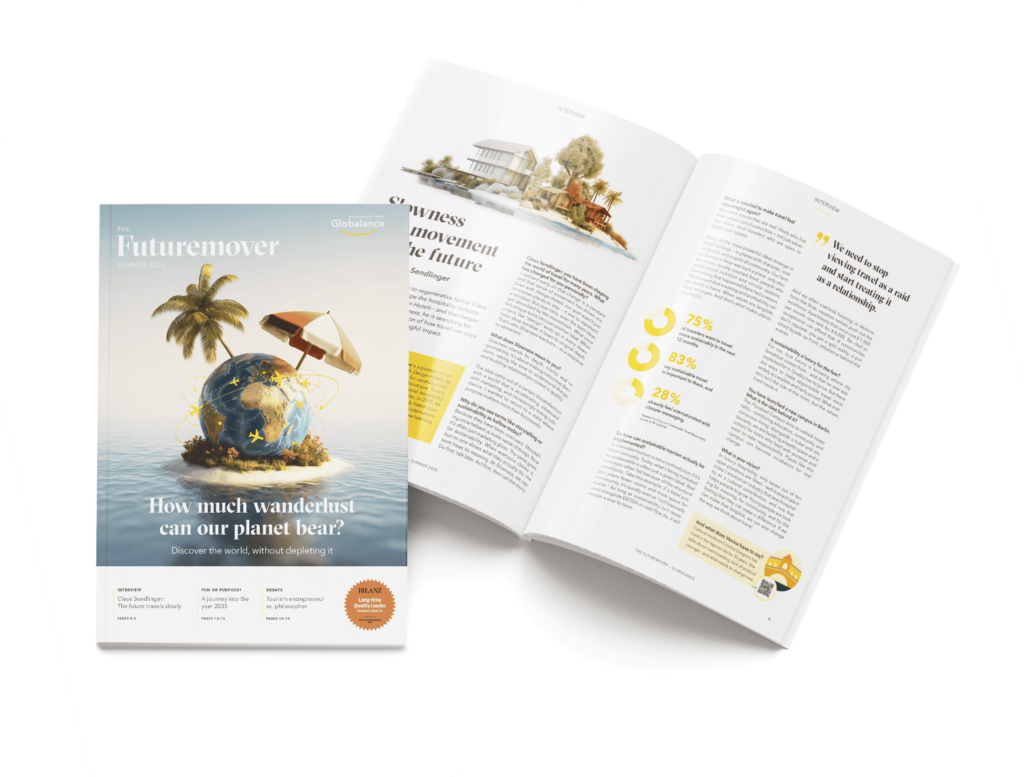
Discover the entire issue
Read more articles from our current issue: ‘How much wanderlust can our planet bear?’.
Be part of the solution and stay informed with the Futuremover.
Subscribe now and shape the future!
Magazin abonnieren EN
"*" indicates required fields




